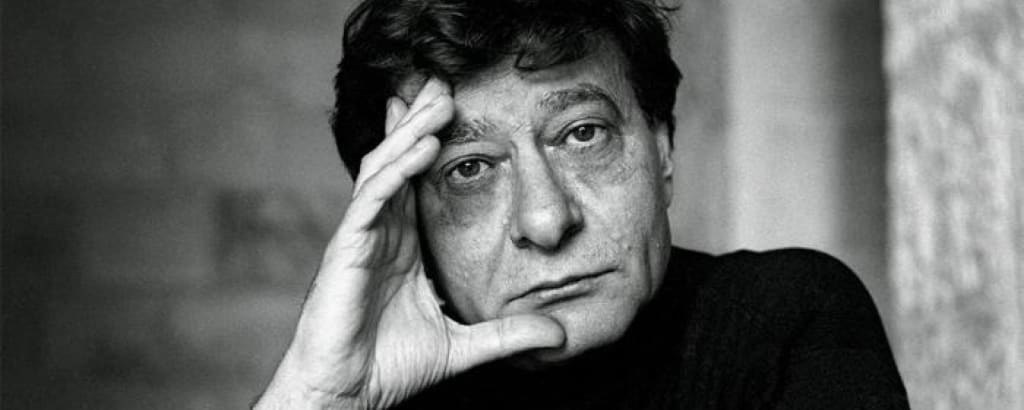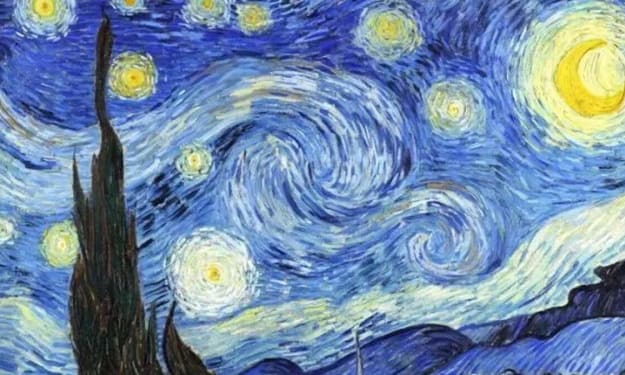
Mahmoud Darwish , Arabic Maḥmūd Darwīsh, (born March 13, 1942, Al-Birwa, Palestine [now El-Birwa, Israel]—died August 9, 2008, Houston, Texas, U.S.), Palestinian poet who gave voice to the struggles of the Palestinian people.
After the establishment of the State of Israel in 1948, Darwish witnessed massacres that forced his family to escape to Lebanon. A year later their clandestine return to their homeland put them in limbo, as they were declared “present-absent aliens.” Darwish left El-Birwa a second time in 1970 and traveled to the Soviet Union to complete his education in Moscow. He lived in Cairo, Beirut, London, and Paris, as well as Tunis, Tunisia, before returning in 1996 to live in Palestine, in the West Bank town of Ramallah. He was a member of the executive committee of the Palestine Liberation Organization (PLO) and wrote the declaration of independence issued by the Palestine National Council in 1988, but he resigned from the PLO in 1993 to protest the signing of the Oslo Accords by PLO chairman Yasser Arafat. In 2000 the Israeli education minister made plans to include Darwish’s poems of reconciliation in the school curriculum, but Israeli Prime Minister Ehud Barak vetoed the plan.
Darwish authored several books of prose—including the memoirs Yawmiyyāt al-ḥuzn al-ʿādī (1973; Journal of an Ordinary Grief) and Dhākirah lil-nisyān (1987; Memory for Forgetfulness)—and more than 20 collections of poetry. From 1981 he also served as editor of the literary journal Al-Karmel. The power of his poetry could be explained by the sincerity of his emotions and the originality of his poetic images. He borrowed from the Old and New Testaments, classical Arabic literature, Arab Islamic history, and Greek and Roman mythology to construct his metaphors. It was Darwish’s conviction that his life in exile inspired his creative work. He often personified Palestine itself as a mother or a cruel beloved. In his single-poem volume Ḥālat ḥiṣār (2002; “A State of Siege”), Darwish explored the multiple reoccupations of Ramallah and described the resulting sense of Palestinian isolation. However, he foresaw a future of peace and coexistence between Israelis and Palestinians that could be achieved through dialogue between cultures. Darwish diverged from the political in some of his poems, relying on symbolism to relate personal experience. He devoted an entire collection, Jidāriyya (2002; “Mural”), to his brush with death following heart surgery in 1998.
Darwish’s work was translated into some two dozen languages. Collections of his poems in English translation include The Adam of Two Edens (2000), Unfortunately, It Was Paradise (2003), and The Butterfly’s Burden (2007). Among his many international awards were the Lotus Prize (1969), the Lenin Peace Prize (1983), the French medal of Knight of Arts and Belles Letters (1997), the wisām (order) of intellectual merit from Moroccan King Muhammad VI in 2000, and the 2001 Lannan Foundation Prize for Cultural Freedom. Darwish died after undergoing heart surgery in the United States.Mahmoud Darwish’s early work of the 1960s and 1970s reflects his unhappiness with the occupation of his native land. Carolyn Forché and Runir Akash noted in their introduction to Unfortunately It Was Paradise (2003) that “as much as [Darwish] is the voice of the Palestinian Diaspora, he is the voice of the fragmented soul.” Forché and Akash commented also on his 20th volume, Mural: “Assimilating centuries of Arabic poetic forms and applying the chisel of modern sensibility to the richly veined ore of its literary past, Darwish subjected his art to the impress of exile and to his own demand that the work remain true to itself, independent of its critical or public reception.”
aPoet Naomi Shihab Nye commented on the poems in Unfortunately It Was Paradise: “[T]he style here is quintessential Darwish—lyrical, imagistic, plaintive, haunting, always passionate, and elegant—and never anything less than free—what he would dream for all his people.”





Comments
There are no comments for this story
Be the first to respond and start the conversation.